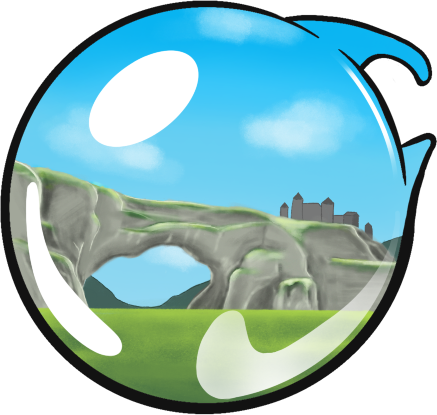Joyeuse: Difference between revisions
Fandom_Import>Orubicon No edit summary |
Fandom_Import>Inoue No edit summary |
||
| Line 60: | Line 60: | ||
:*[[Mog Bonanza 2009]] (Rank 2) | :*[[Mog Bonanza 2009]] (Rank 2) | ||
:*[[Mog Bonanza 2010]] (Rank 2) | :*[[Mog Bonanza 2010]] (Rank 2) | ||
:*[[Mog Bonanza 2011]] (Rank 4) | |||
==Historical Background== | ==Historical Background== | ||
Revision as of 21:24, 17 July 2011
StatisticsTemplate:Weapon
|
Other UsesResale Price: Cannot be sold to NPCs. |
Synthesis RecipesNone |
Used in Recipes
|
Desynthesis RecipeUnknown |
Obtained From Desynthesis
|
How to Obtain
Cannot be auctioned, traded, bazaared, or delivered  to a character on the same account.
to a character on the same account. ![]()
Dropped From
Name Level Zone Charybdis (NM) 80-81 Sea Serpent Grotto
Special Event
- Mog Bonanza 2009 (Rank 2)
- Mog Bonanza 2010 (Rank 2)
- Mog Bonanza 2011 (Rank 4)
Historical Background
In European folklore, Joyeuse was the sword of Charlemagne (King of the Franks and Lombards from 768-814 AD), one of the few notable figures from Europe during the Dark Ages. It became popular in legends and tales during the Middle Ages. According to these stories, it was forged from the Spear of Longinus, whose blade was forged into the sword's pommel. In the Medieval story Song of Roland, the sword was said to change its color 30 times a day. It is supposedly buried with Charlemagne. Joyeuse means "joyful". The Spear of Longinus in the pommel is said to be the spear that pierced Jesus Christ while on the cross in Christian literature.
The Joyeuse is said to have been forged from the same steel and temper as the Durandal and the Cortana (Curtana).


